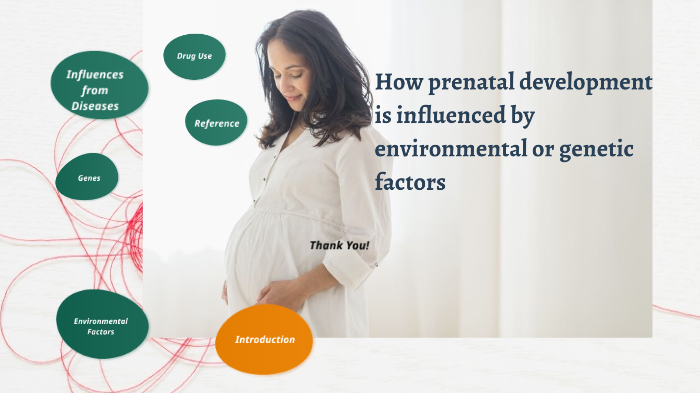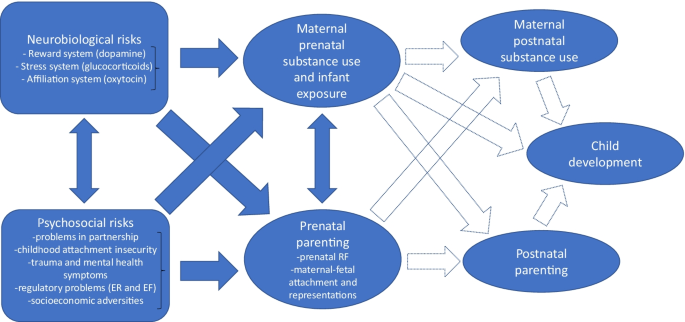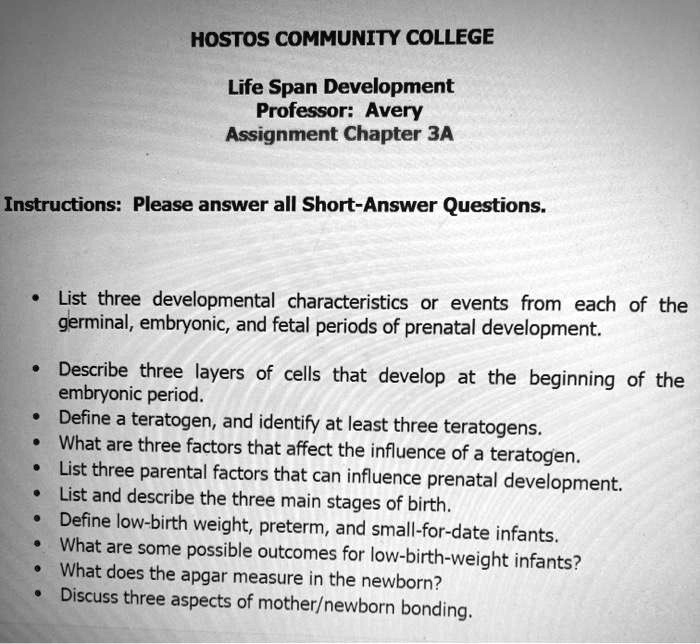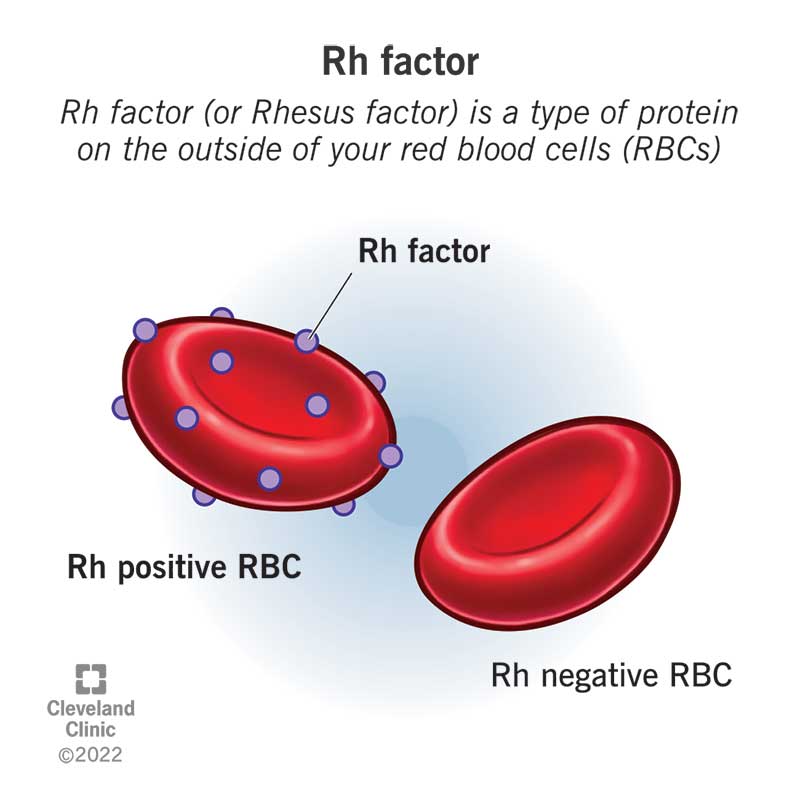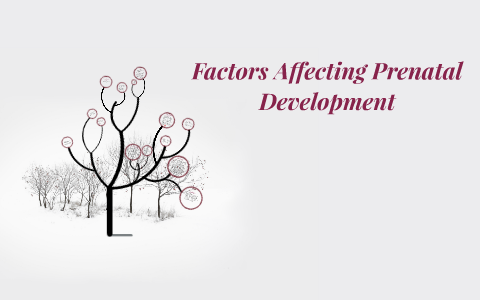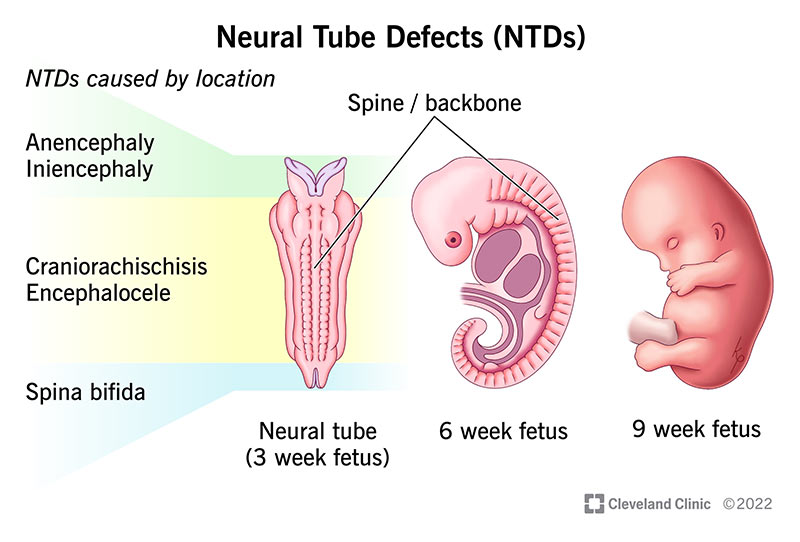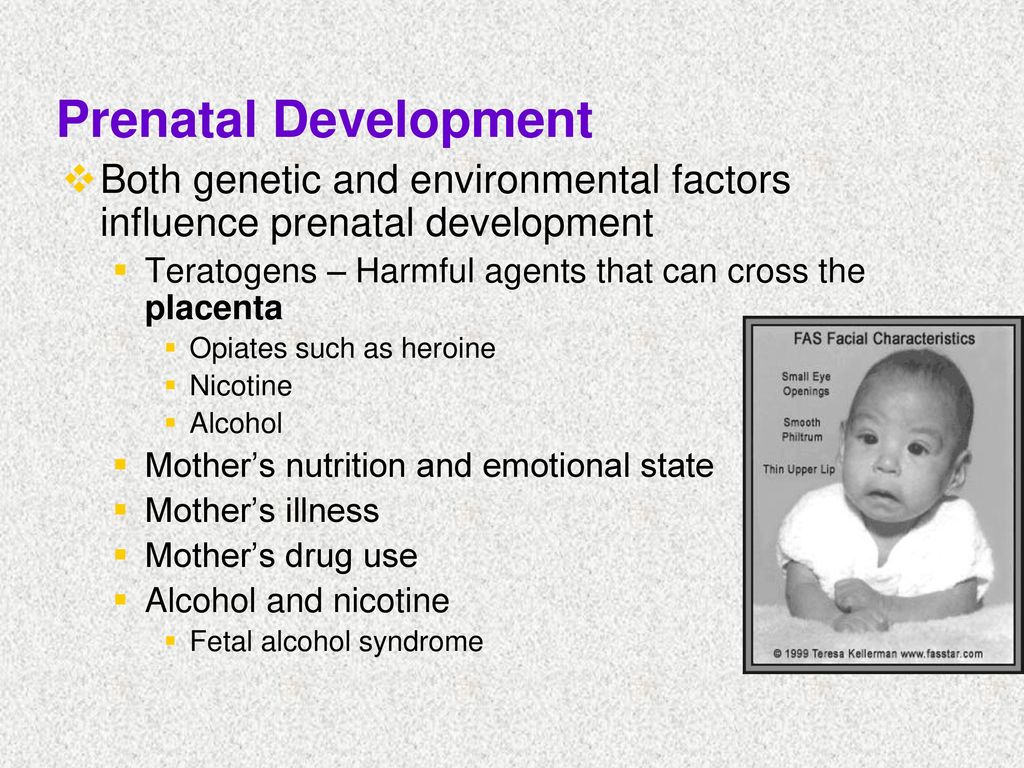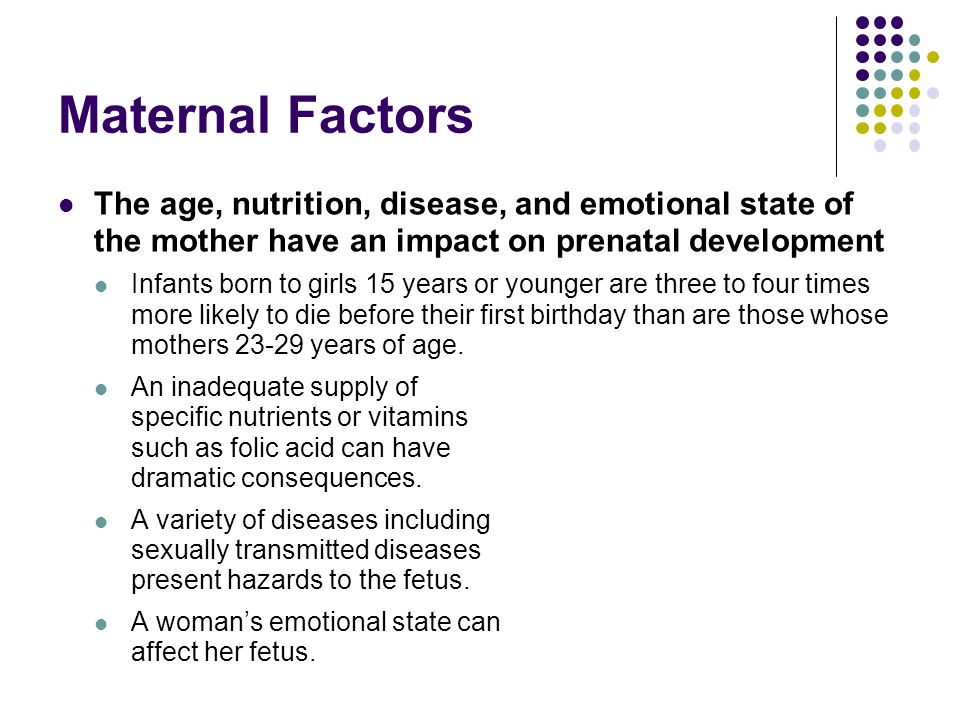Prenatal development refers to the process of growth and development that occurs in an individual from the time of conception until birth. This process is influenced by a variety of factors, including genetics, the environment, and the health and lifestyle of the mother. Understanding these factors can help to ensure that a baby has the best chance of developing to their full potential.
One of the most significant factors that can affect prenatal development is genetics. An individual's genetic makeup is determined by the combination of genes inherited from their parents and plays a crucial role in the development of their physical and mental characteristics. While genetics cannot be changed, they can be influenced by environmental factors, such as nutrition and exposure to toxins.
Another factor that can affect prenatal development is the environment in which the baby is growing. This includes both the physical and social environment in which the mother is living. For example, exposure to toxins, such as tobacco smoke, alcohol, and certain medications, can have a negative impact on the developing baby. In addition, the mother's diet, stress levels, and physical activity can all affect fetal development.
The health and lifestyle of the mother can also have a significant impact on prenatal development. For example, conditions such as malnutrition, infections, and chronic diseases can all affect fetal development. In addition, certain lifestyle factors, such as smoking, substance abuse, and exposure to stress, can also have a negative impact on fetal development.
There are also several medical interventions that can affect prenatal development. For example, assisted reproductive technologies, such as in vitro fertilization, can increase the chances of a successful pregnancy, but they can also carry risks for the developing baby. Similarly, the use of certain medications, such as antidepressants and anti-seizure drugs, during pregnancy can also have an impact on fetal development.
In conclusion, prenatal development is influenced by a variety of factors, including genetics, the environment, and the health and lifestyle of the mother. By understanding these factors, individuals can take steps to ensure that a baby has the best chance of developing to their full potential.

